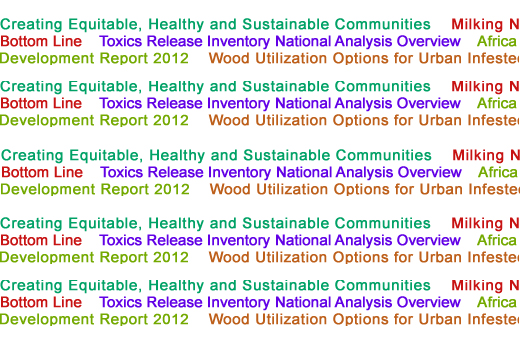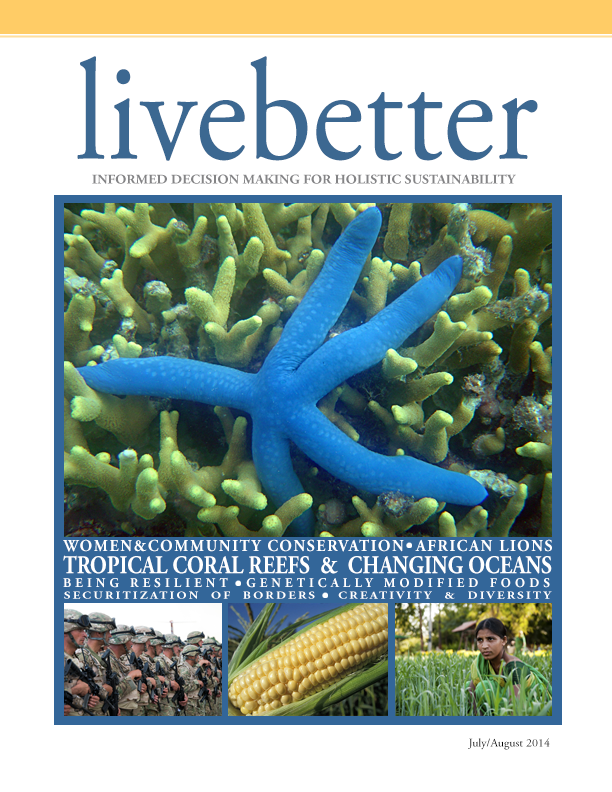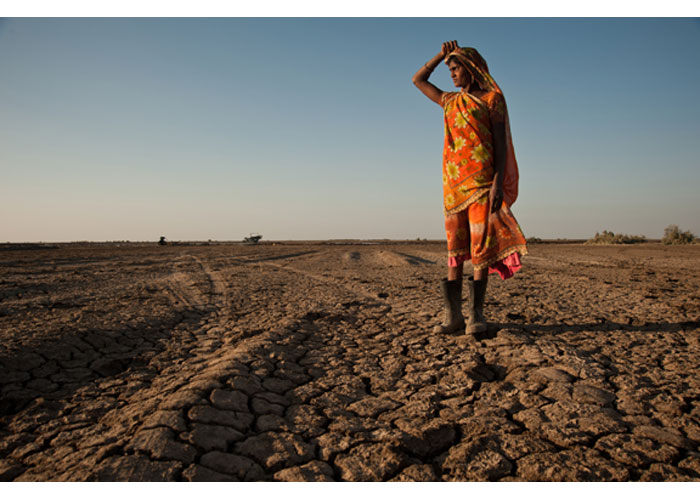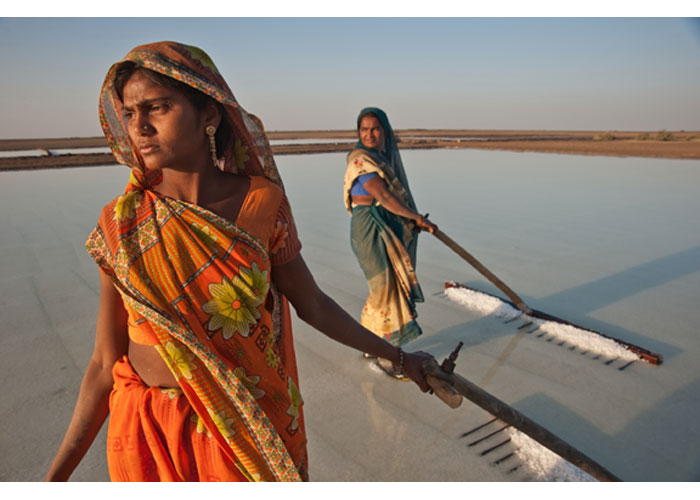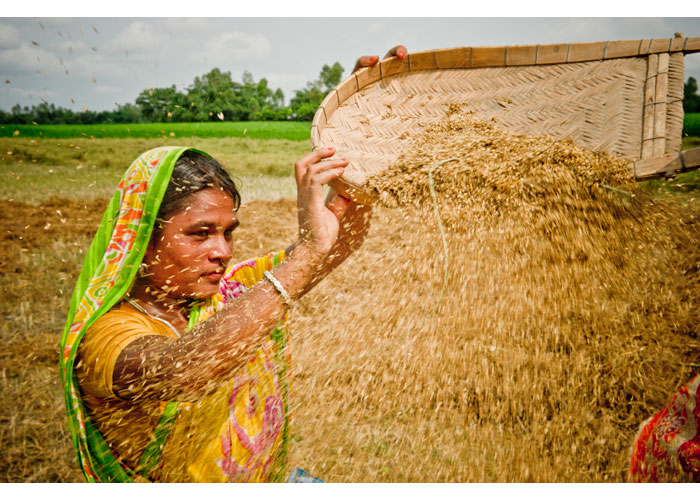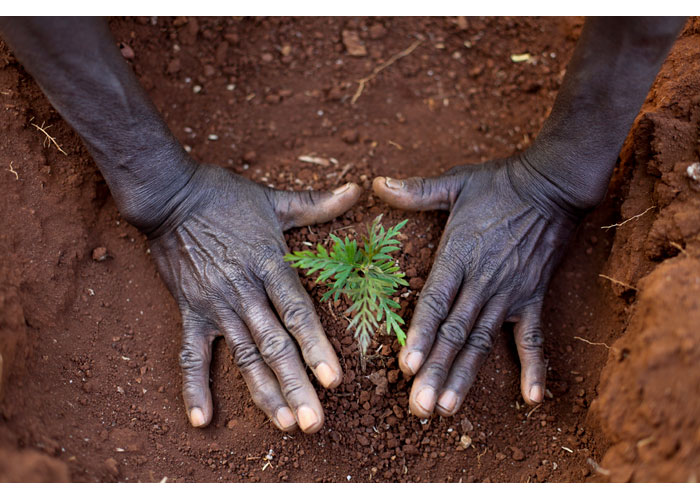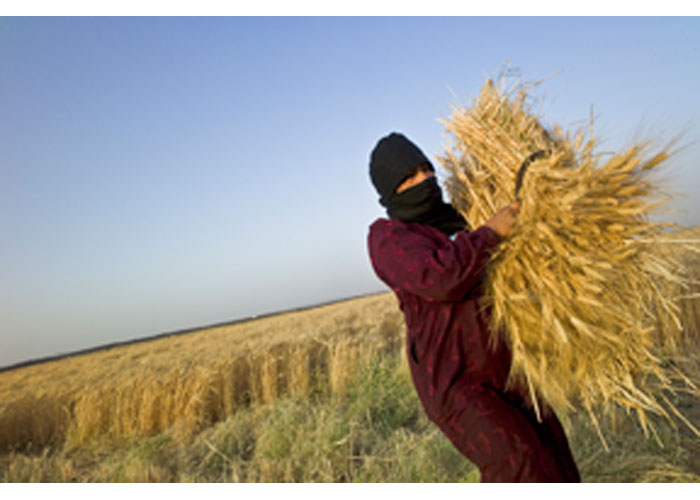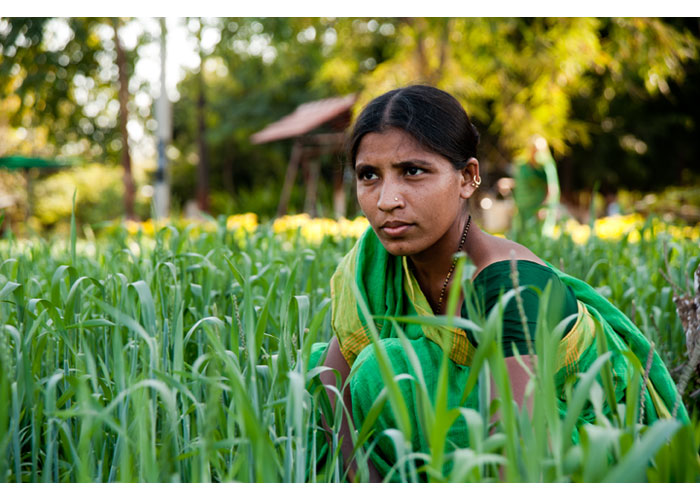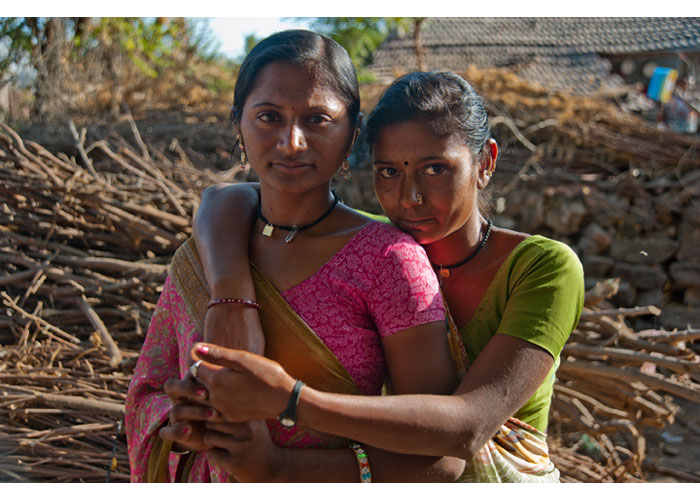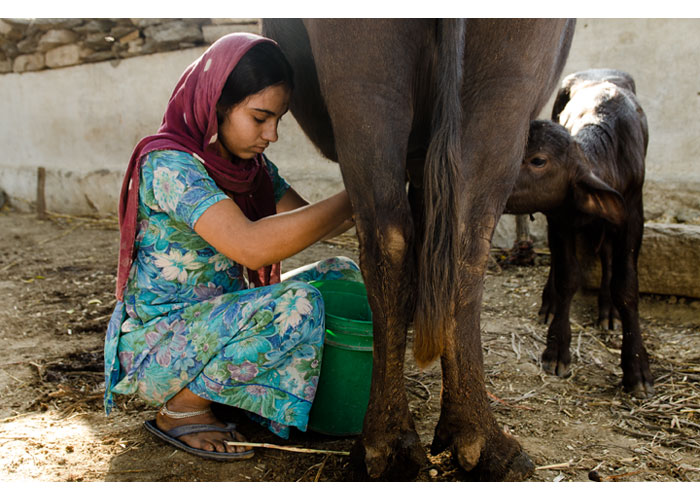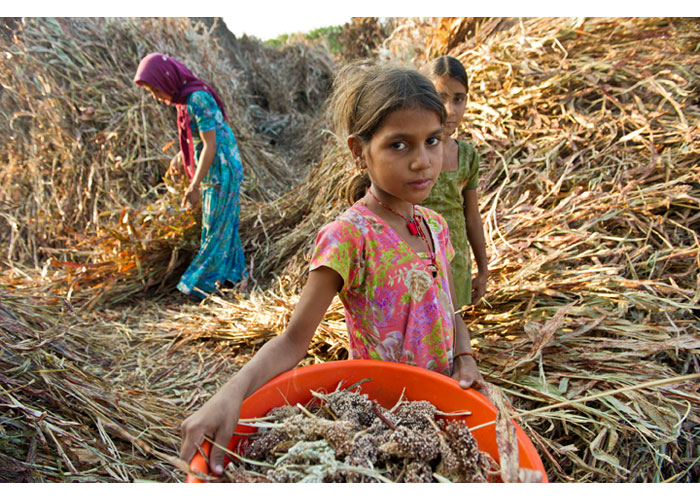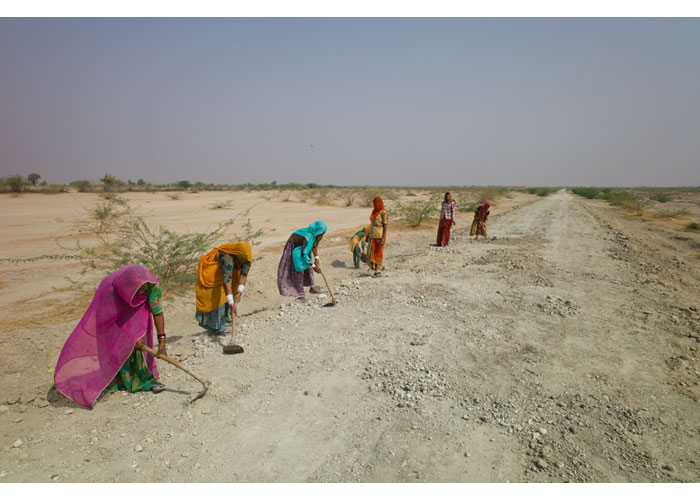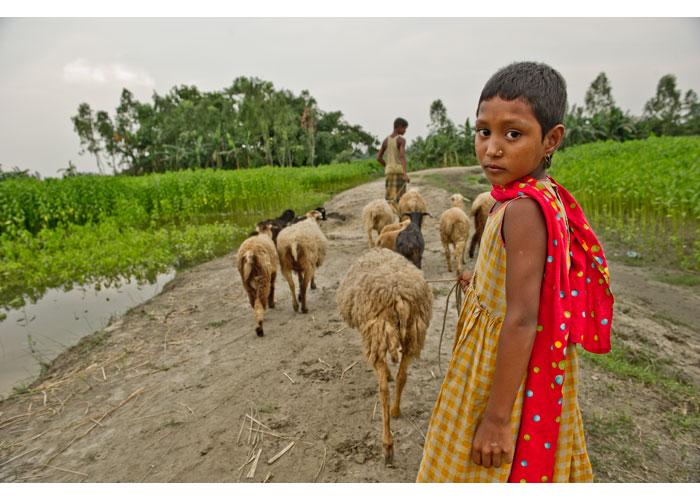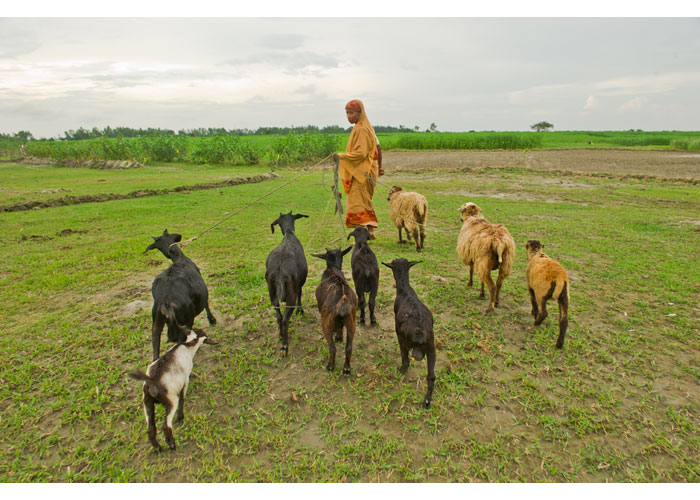Landen Consulting: An Ecosystem Services Risk Model for CAFO Operations
(www.landenconsulting.com) – An “industrial mega-dairy” (named Tradition Investments, LLC or Tradition Family Dairy, LLC) is attempting to site itself in the rolling hills of Jo Daviess County, a picturesque region of northwest Illinois, U.S.A., with a unique geology, geography and ecology. The region retains a strong, small family farming, traditional rural identity. The project has been the subject of much controversy with numerous objections raised on ecological and socioeconomic grounds. Like many business and public-policy decisions not explicitly made with a sustainable “triple bottom line” focus, the community’s economic cost-benefit conversation has focused primarily on economic benefits the facility could bring to the region. However, Concentrated Animal Feeding Operations, or CAFOs, frequently arrive with significant ecological and social costs. This report, Milking Nature’s Bottom Line: A Full-Cost Accounting of Proposed CAFO Operations in Jo Daviess County, Illinois, is aimed at bringing balance to the local policymaking conversation by explicitly accounting for regional economic costs associated with CAFO-related ecological and social degradation.
By establishing an “ecosystem services risk model,” we estimated the risk of CAFO-related impacts to the ecosystem services being examined. We also projected the economic consequences that could be expected to affect the community, supporting businesses, and its workers. The analysis showed that the TID CAFO would have a significant impact, resulting in a net one-time loss of $2.30M and annual losses of $5.07M every year thereafter to the community.
In the past, economic progress was measured purely in production-driven measures, such as Gross Domestic Product (GDP). However, these measures do not account for costs (and benefits) of natural and social capital embodied in ecosystems and people that help generate the economic output being measured. Nor do measures like GDP account for degradation to natural and social capital, which if left unchecked could impact the ability of the economic system to continue producing. In particular, the value of externalities (impacts to other stakeholders beyond the immediate entity being measured) is often not accounted for in a project design or management decision or a go/no-go decision for a new development.
However, continuing developments in ecological and economic science are changing this situation. We can now more accurately assess the effects of the ecological damage that unsustainable development inflicts. Furthermore, on the economic accounting side, numerous private- and public-sector initiatives are underway, which are integrating a full cost accounting approach that incorporates economic, ecological and social factors into the decision-making process. This report brings this integrated perspective to the Tradition Investments CAFO and examines the potential economic costs associated with CAFO-related ecological and social degradation.

